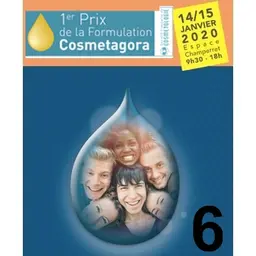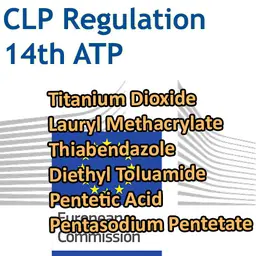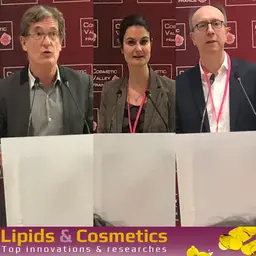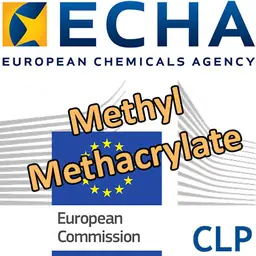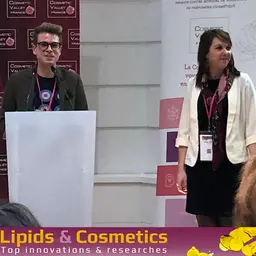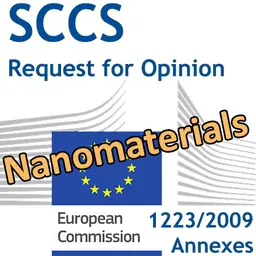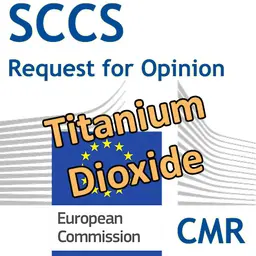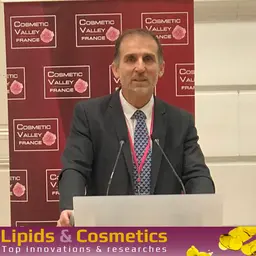
One of them is to be classified in the exculpatory file, while the other will support the incriminatory documents: nano-zinc is, again, questioned. The proceedings of its trial are going on, every time a scientific study is released on this topic. The two latest ones come, for the first, from Australian researchers, and for the latter, from Korean scientists.
The effect of formulation on the penetration of coated and uncoated zinc oxide nanoparticles into the viable epidermis of human skin in vivo.
Abstract
The use of nano particulate zinc oxide (ZnO-NP) in sunscreens and other cosmetic products has raised public health concerns. The two key issues are the extent of exposure to ZnO-NP and the likely hazard after the application of ZnO-NP in sunscreen and cosmetic products to humans in vivo. Our aims were to assess exposure by the extent of ZnO-NP penetration into the viable epidermis and hazard by changes in the viable epidermal redox state for a number of topical products. Of particular interest is the role of the particle coating, formulation used and the presence of any enhancers. Multiphoton tomography with fluorescence lifetime imaging microscopy (MPT-FLIM) was used to simultaneously observe ZnO-NP penetration and potential metabolic changes within the viable epidermis of human volunteers after topical application of various ZnO-NP products. Coated and uncoated ZnO-NP remained in the superficial layers of the SC and in the skin furrows. We observed limited penetration, of coated ZnO-NP dispersed in a water-in-oil emulsion formulation, which was predominantly localised adjacent to the skin furrow. However, the presence of ZnO-NP …

